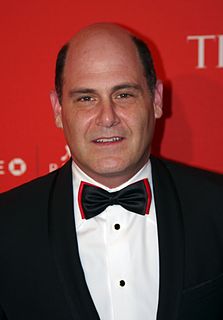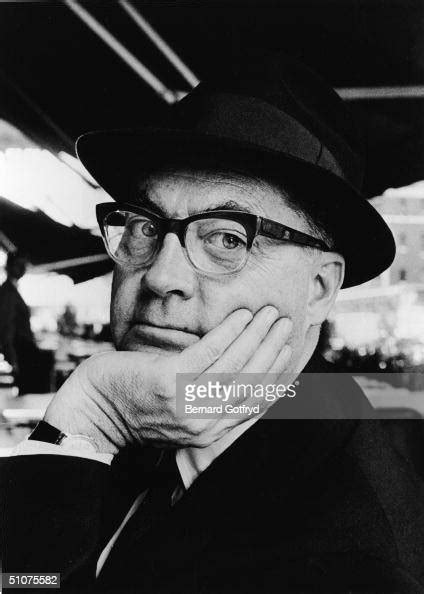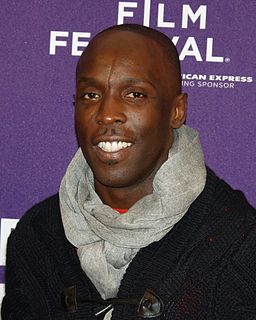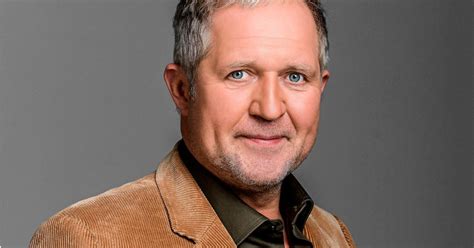A Quote by Matthew Weiner
The show is not a history lesson or intellectual exploration. It is entertainment based on tension, irony and storytelling that is closely related to today’s life.
Related Quotes
Maybe the biggest award show of the largest entertainment importer in the world needs an economic incentive to embrace diversity. Indeed, maybe we should boycott the show and pressure advertisers to do the same. Or maybe the Academy should learn the lesson of history and change because it's the right thing to do.
And make no mistake: irony tyrannizes us. The reason why our pervasive cultural irony is at once so powerful and so unsatisfying is that an ironist is impossible to pin down. All U.S. irony is based on an implicit "I don’t really mean what I’m saying." So what does irony as a cultural norm mean to say? That it’s impossible to mean what you say? That maybe it’s too bad it’s impossible, but wake up and smell the coffee already? Most likely, I think, today’s irony ends up saying: "How totally banal of you to ask what I really mean.
I love dealing with drama. I'm drawn to the painful side of storytelling, more so. I feel like that's where you get the most honesty from. My laughter comes from irony. You laugh at my pain. I can't look for the laugh 'cause I'll fall flat on my face. I like the type of laughter that comes from irony like, "Of course, it's sunny today when I wore a mink coat!" I'm that guy. I was raised on Benny Hill and The Odd Couple and The Honeymooners.
Machines taking over jobs - it's the history of civilization. Replacing farm animals, old forms of manual labor, now taking over small, menial aspects of cognition. But there's still plenty of room for creativity, for curiosity - many things that are related to passion, like art. But also, things about human communication and challenges, massive challenges that we left behind because we didn't want to take so much risk, such as space exploration, deep ocean exploration.





































